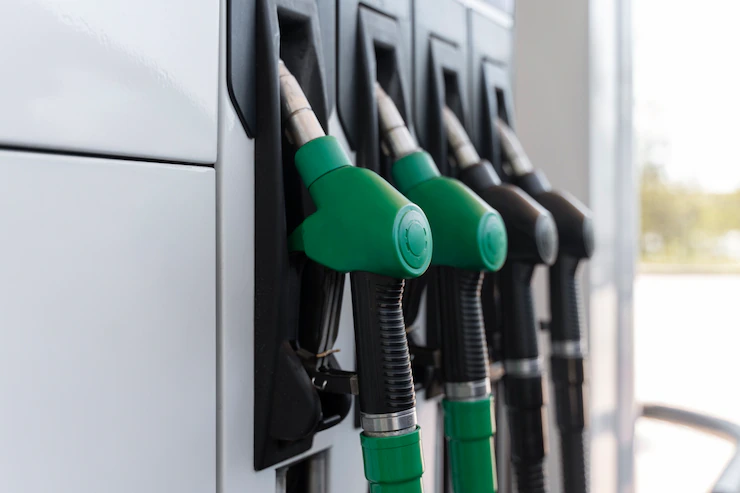It is no longer news that the fuel subsidy regime is over in Nigeria.
Prior to Tinubu’s triumph at the 2023 general elections, many observers argued that irrespective of who would emerge as Nigeria’s President among Bola Tinubu, Atiku Abubakar and Peter Obi, the removal of subsidies on premium motor spirit (PMS) in Nigeria was imminent.
The removal of PMS subsidies following the Presidential inauguration of Bola Ahmed Tinubu was therefore a predictable outcome.
Myriads of Nigerians are recounting the after-effects of fuel subsidy removal; lamentations have followed the removal of these subsidies; public outcries are swinging here and there, and a vast majority of the masses have demonstrated displeasure towards the government.
Notwithstanding how we choose to interpret this complex situation, only one thing is certain: fuel subsidies are gone!
Going forward as a nation, we have to rapidly work out the measures that would mitigate the negative impacts of fuel subsidy removal. For the Tinubu-led administration to swiftly outlive the ugly outcome of fuel subsidy removal, here are the crucial measures it should take:
Channelling parts of subsidy proceeds to subsidising food staples
Rice, which is arguably the most popular food staple in Nigeria, should be the major target here. The government should provide farmers with incentives in order to boost the domestic production of rice.
Doing this will not only significantly reduce the local cost of rice, but also promote the exportation of rice since subsidization of rice production indirectly means Nigerian rice would become cheaper to foreign buyers.
Same should be done for some of the other popular food staples –such as maize –in Nigeria.
Provision of subsidized countrywide public transport
Many Nigerians commute to their workplaces daily, and this means such Nigerians will, in one way or the other, incur increased transport costs. These costs are significantly high, and they are the aftermath of the PMS price hike impacted by fuel subsidy removal.
To ease the frustration and the economic hardship Nigerians are facing in this regard, the Tinubu-led administration should set up subsidized public transport that will be accessible to citizens across Nigeria. This would be a sort of inexpensive and countrywide transport scheme.
Channelling parts of subsidy proceeds to improving Nigeria’s power supply
Some quarters and neighbourhoods in Nigeria may claim to be experiencing stable power supply since fuel subsidies were removed, but the general state of power supply in Nigeria remains terrible.
Incidentally, this deplorable state of power supply constitutes the reasons for excessive reliance on PMS in Nigeria; due to persistent and prolonged power outages, lots of Nigerians have to purchase PMS just to power fuel generators –fuel generators are the commonest alternatives to mains power supply in Nigeria.
As a matter of fact, it behoves the Tinubu-led administration to appropriate parts of fuel subsidy proceeds for the improvement of electricity generation and distribution in Nigeria.
Conclusion
There’s hope that President Tinubu’s administration can outlive the ugly outcome of fuel subsidy removal. But to give life to this hope, the government should consider the measures recommended in this article.

